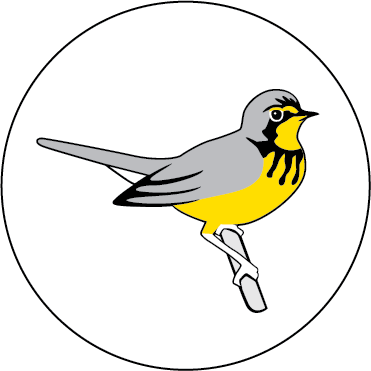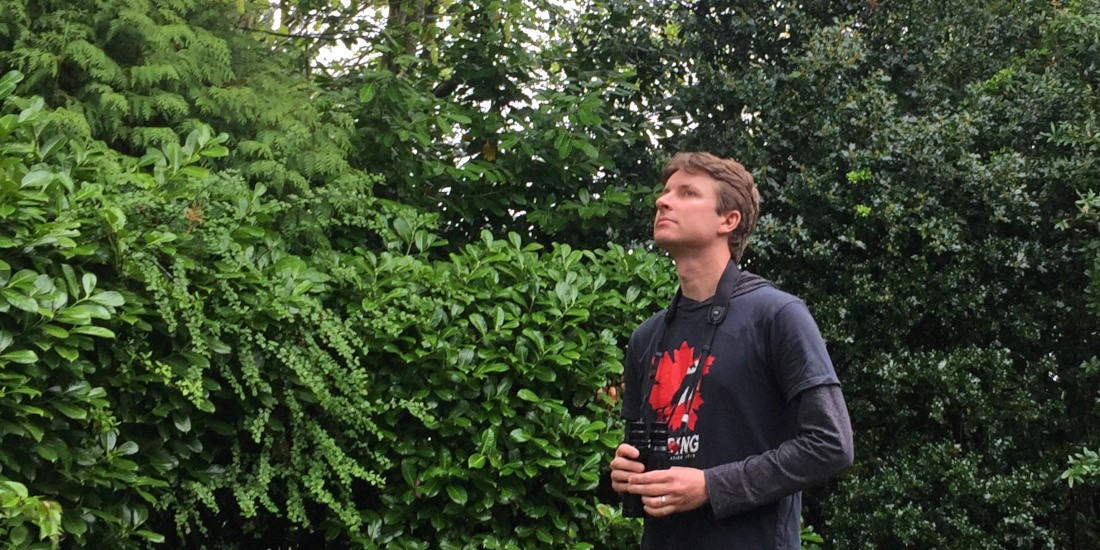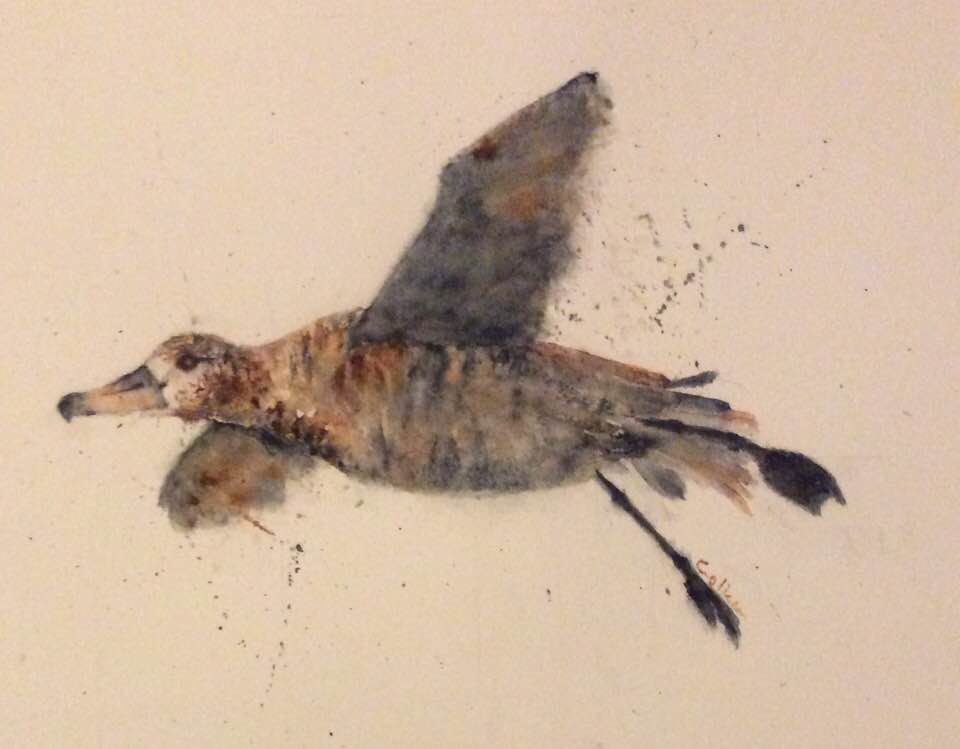
Birds Canada/Oiseaux Canada is one of two BirdLife national partners in that country. It joins a growing number of BirdLife national partners or affiliates in countries which work actively within the Agreement, either as Parties or as range states for listed species that regularly attend meetings, that have offered their support for the inaugural World Albatross Day on 19 June.
Founded in 1960, Birds Canada is a non-profit, charitable organization built on the contributions of 7500 members and nearly 60 000 volunteer citizen scientists. Its mission is to conserve wild birds through sound science, on-the-ground actions, innovative partnerships, public engagement and science-based advocacy.
ACAP Latest News approached Birds Canada/Oiseaux Canada through Steven Price, President, and Pete Davidson, Senior Conservation Advisor who oversees the society’s monitoring and conservation programmes across the country, requesting the society’s support for ‘WAD2020’. In response, David Bradley, Birds Canada’s Director of its British Columbia Program (and who leads on collaborative work in Pacific Canada on invasive mammal predators of seabirds) writes:
“Many Canadians will not know this, but three albatross species regularly grace the waters of Pacific Canada. Birds Canada welcomes World Albatross Day to raise awareness of the plight of these magnificent sentinels of the high seas, and their smaller cousins the petrels and shearwaters. Out of sight to most people, they are key indicators of the health of our oceans and remote islands, they symbolize sustainable fisheries, and many are unfortunately threatened with extinction.”

David Bradley, Director, British Columbia Program, Birds Canada
“Peu de Canadiens le savent: trois espèces d’albatros fréquentent régulièrement nos eaux au large de la côte ouest. Oiseaux Canada souligne la Journée mondiale des albatros, qui a pour but de sensibiliser la population à la situation désespérée de ces magnifiques sentinelles des hautes mers et de leurs cousins plus petits, les pétrels et les puffins. Ces oiseaux que la grande majorité des gens n’ont jamais vus sont des indicateurs clés de l’état des océans et des îles isolées. Ils symbolisent la pêche durable. Malheureusement, bon nombre d’espèces sont menacées de disparition.”
Canada is not a Party to ACAP, but it has attended practically all the Agreement's meetings as an observer and active participant in deliberations since close to the onset of the Agreement. Ken Morgan, Pelagic Seabird Biologist, Environment and Climate Change Canada, is a long-standing member of ACAP’s Seabird Bycatch and Population & Conservation Status Groups Working Groups and has regularly attended Sessions of the Meeting of the Parties and of its Advisory Committee.
Four ACAP-listed species interact, or have the potential to interact, as non-breeding visitors with Canadian Pacific fisheries; these are Black-footed Phoebastria nigripes, Laysan P. immutabilis and Vulnerable Short-tailed P. albatrus Albatrosses and Vulnerable Pink-footed Shearwaters Ardenna creatopus.

Black-footed Albatross in flight, by ABUN artist, Colleen Laird
Canada has produced management or equivalent plans for three of these species, aimed at mitigating mortality from being caught on longline hooks (see references below).
With thanks to David Bradley, Pete Davidson, Colleen Laird, Ken Morgan and Steven Price.
References:
Environment Canada. 2008. Recovery Strategy for the Short-tailed Albatross (Phoebastria albatrus) and the Pink-footed Shearwater (Puffinus creatopus) in Canada. Species at Risk Act Recovery Strategy Series. Ottawa: Environment Canada. vii + 46 pp.
Environment and Climate Change Canada. 2017. Management Plan for the Black-footed Albatross (Phoebastria nigripes) in Canada. Species at Risk Act Management Plan Series. Ottawa: Environment and Climate Change Canada. iv + 30 pp. [in French here]
John Cooper, ACAP Information Officer, 30 April 2020

 English
English  Français
Français  Español
Español